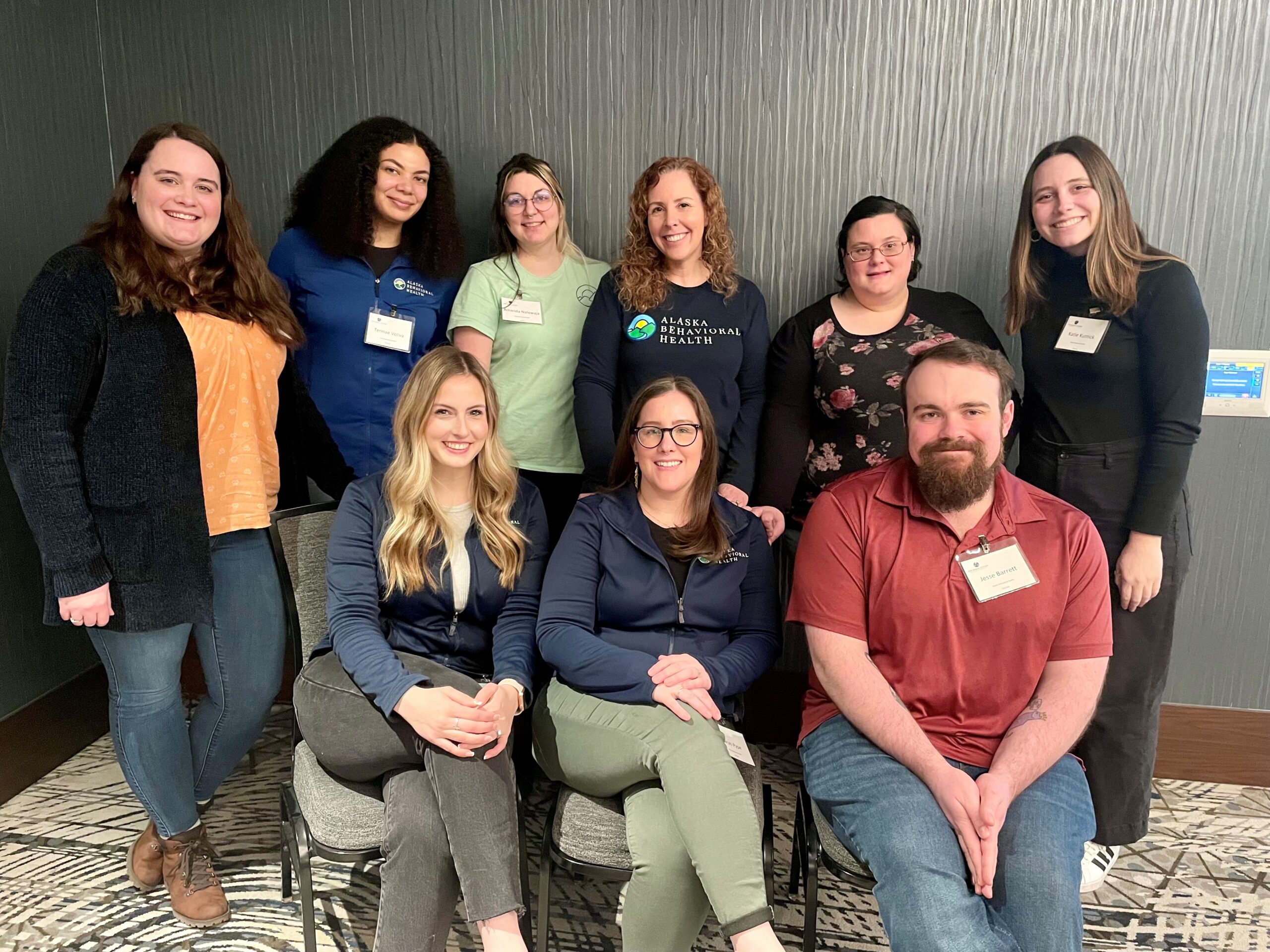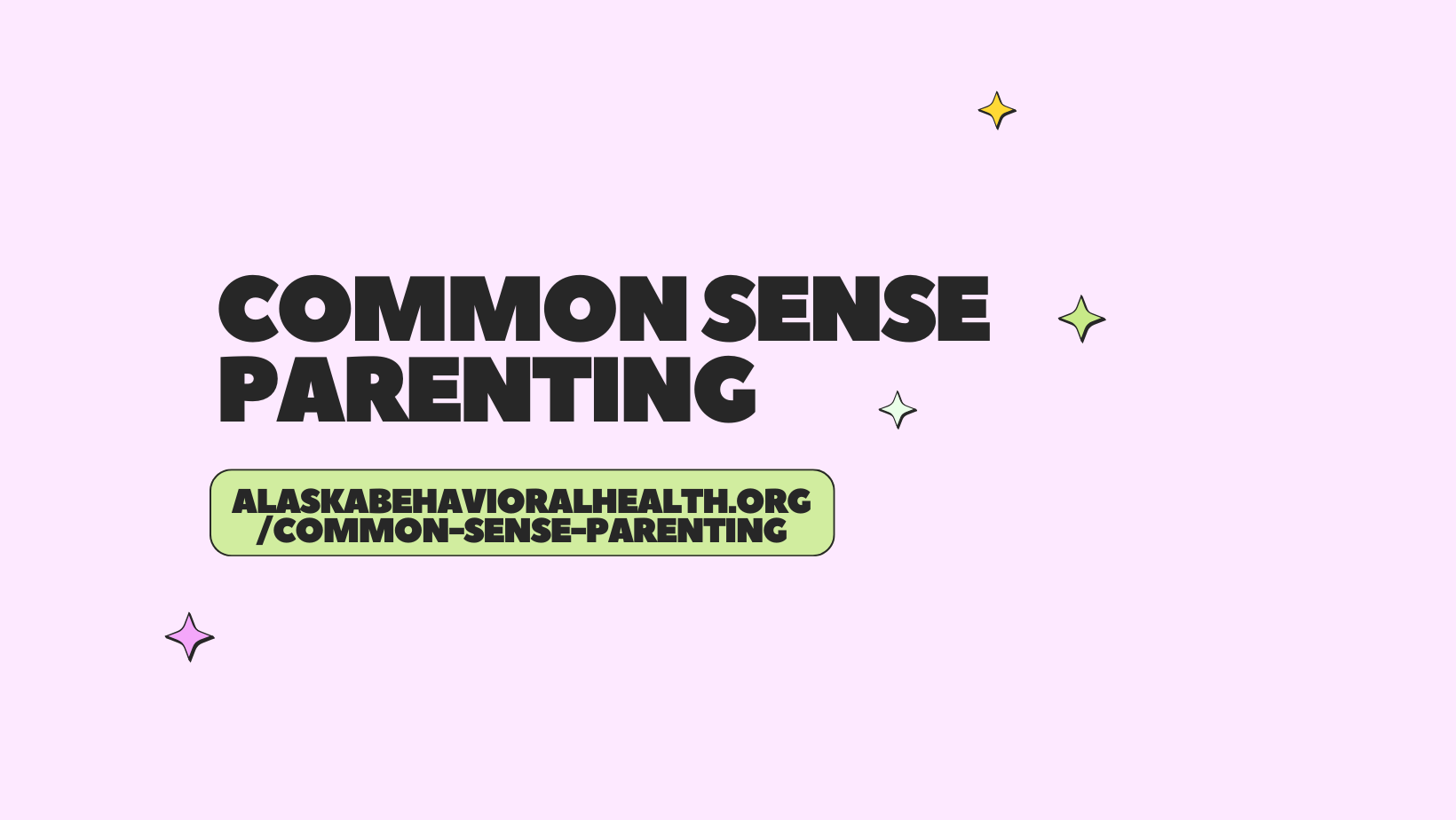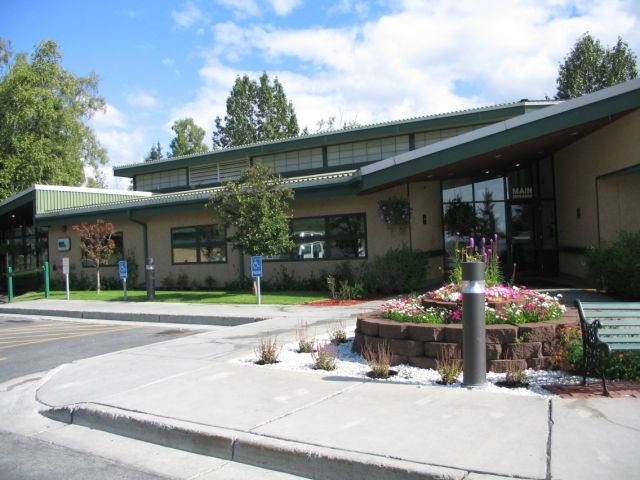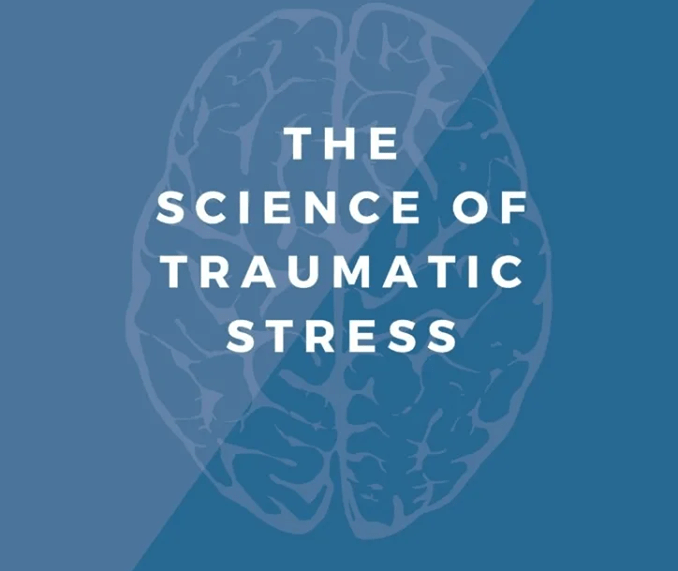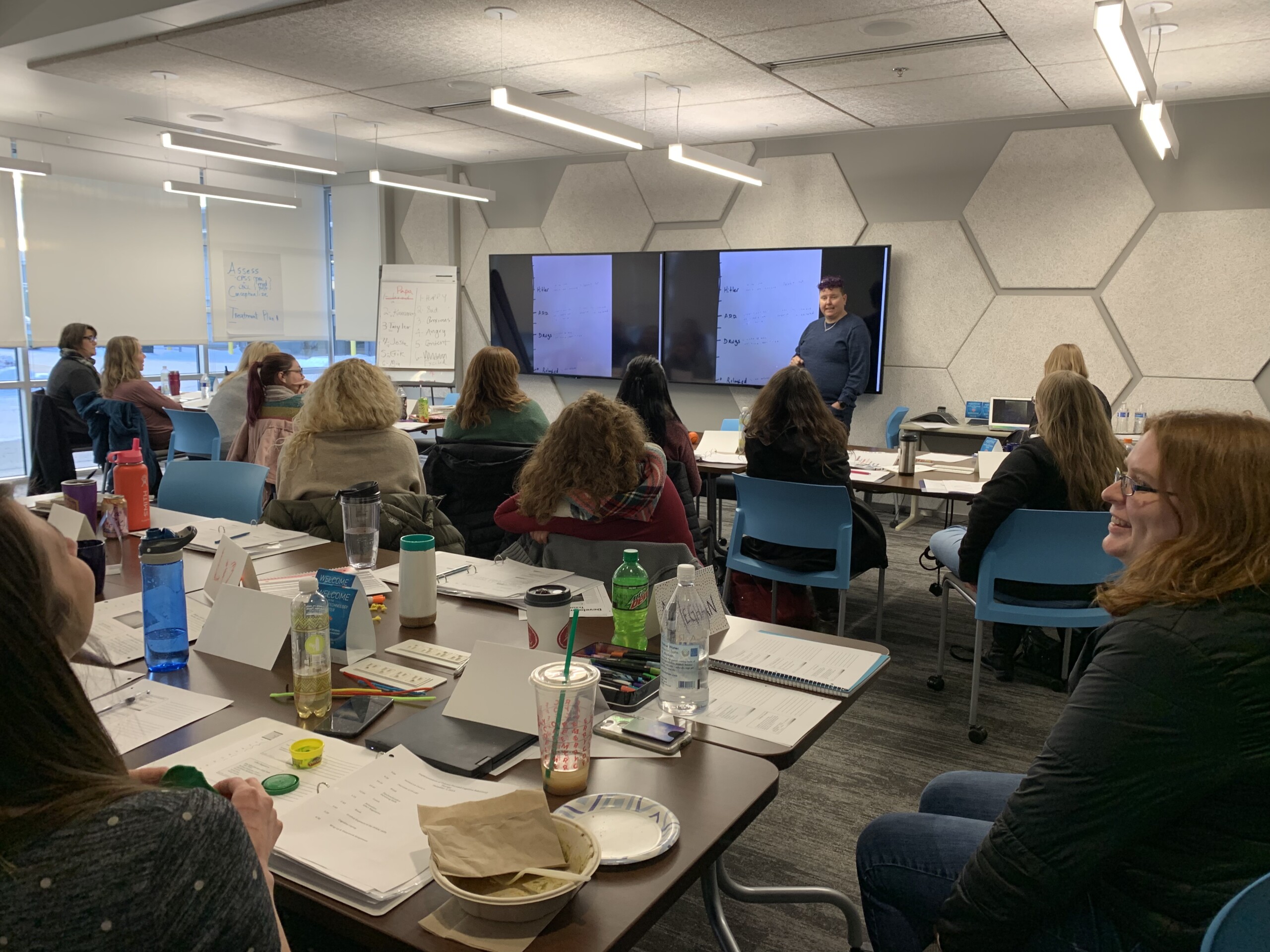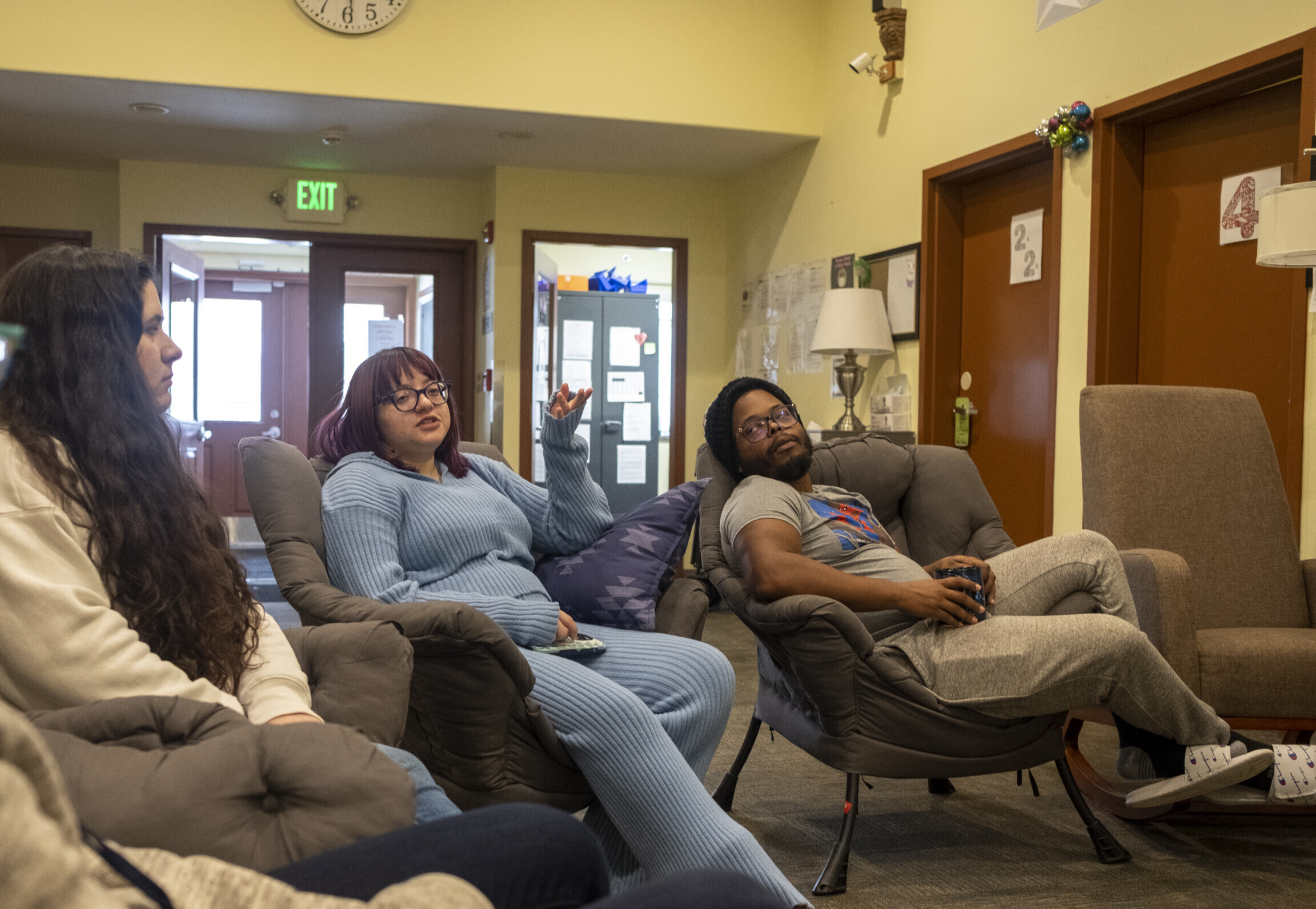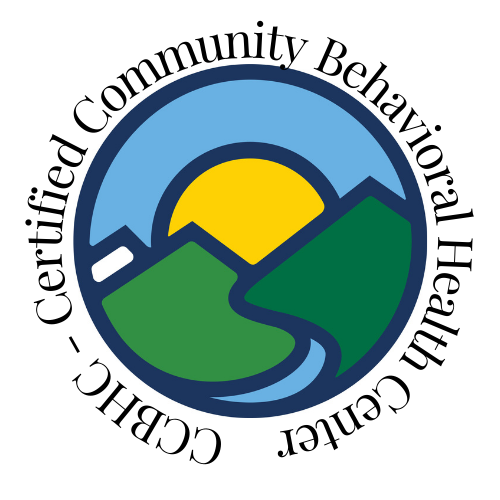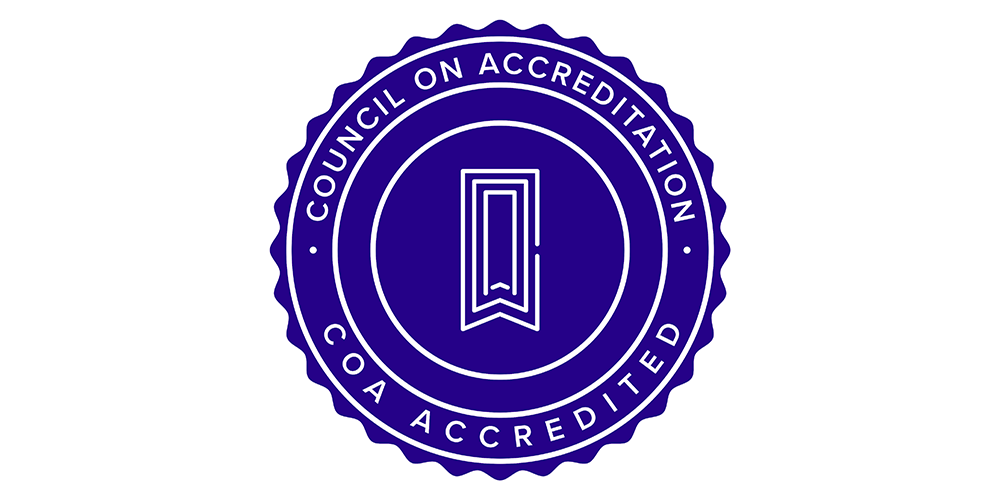Op-Ed: It’s time to further invest in our state and our future; young Alaskans deserve better
Authored by: Joshua Arvidson, LCSW, Clinical Director, Child and Family Services, Alaska Behavioral Health
Alaska needs to redirect its resources to improve home and community-based care in-state. It just makes sense that we need to provide care for Alaska’s children here in Alaska, and that long-term, children belong in homes with families, not in out of state facilities. We need to heed the advice of the world’s leading experts when it comes to long-term institutional care for children: don’t do it.
The Lancet Study
An international panel of experts in pediatric health, development and mental health set out to study the use of institutional care for children globally. Intending to develop recommendations for the improvement of institutional care for children, the Lancet Group Commission came to a decisive conclusion, published this month in “The Lancet Psychiatry” and “The Lancet, Child & Adolescent Health.”
The panel’s conclusion was decisive, rather than work on improving institutional care for children, institutional care for children and adolescents needs to be abolished. Across the globe, institutional care for children falls fall short of home-based care in terms of meeting children’s social, emotional and developmental needs.
Alaska’s Situation
Alaska is not exempt. We have a problematic history in Alaska with institutional care – for adults and children with mental health needs. The use of locked, out-of-state psychiatric institutional care for our children has been reduced, but not yet eliminated. And, in the long run, Alaska’s Medicaid system foots the bill for this institutional care.
While short-term, in-state use of these care settings may be necessary in some situations, long-term, institutions are a poor substitute for family and home living situations. The commission conducted a meta-analysis of hundreds of peer reviewed studies, and the findings were clear – Institutional care is typically inconsistent, with high staff turnover that limits relationship building. Overall, institutional care is harmful to the physical, mental and emotional development of children and when children and adolescents remain in institutional care, they struggle to successfully transition to adulthood.
Increasing Support in Alaska
We need to double down our efforts to provide the behavioral health supports necessary for children to be successful in their homes. The study included some guidance on how to go about this, with an emphasis on local action, using local knowledge and expertise. The voices of the children and adolescents who are affected need to be sought out and included, especially those of marginalized populations such as children with disabilities. Local agencies can help divert children from institutional care by identifying families with children at risk of separation, and providing pre-emptive material, health, psychosocial, and parenting support.
At Alaska Behavioral Health, I work with a team of dedicated mental health experts who do just this: provide support to children, youth and adults so that kids can stay in their homes, with their families.
Joshua Arvidson is a licensed clinical social worker. He works as a clinical director for child and family services at Alaska Behavioral Health.
Note: This Op Ed appeared in The Fairbanks Daily News Miner on September 8, 2020.

